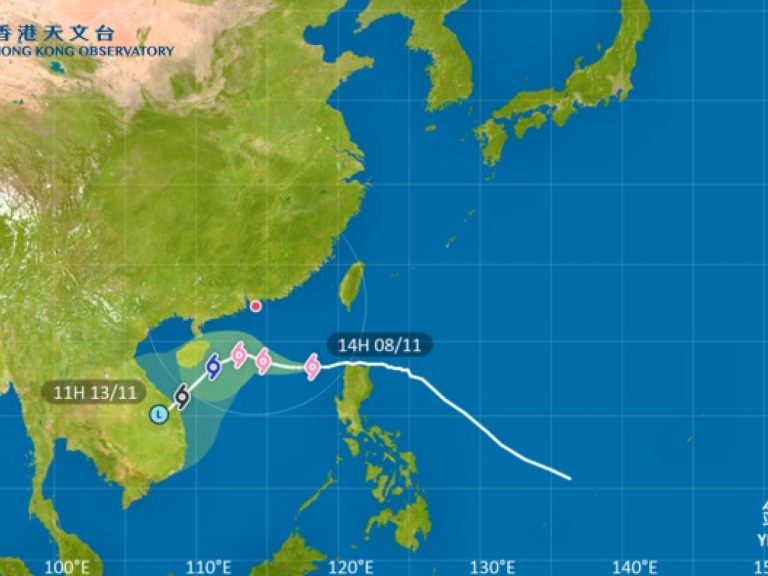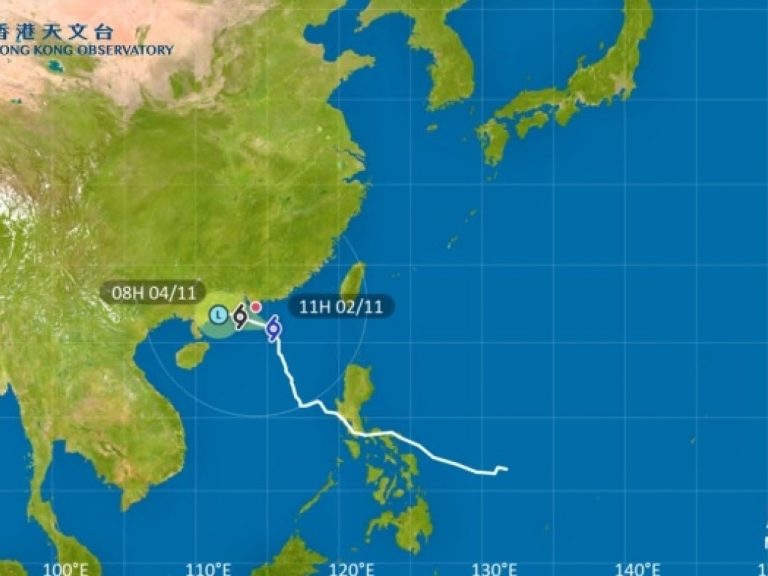Chief Executive John Lee’s recent visit to Kuwait marks a significant milestone in the strengthening of ties between Hong Kong, the Mainland, and Kuwait. During this visit, a total of 24 agreements were signed, covering a wide array of sectors that are crucial for enhancing trade and investment relations. This exchange of pacts underscores the growing economic collaboration between Hong Kong and the Middle East, particularly with Kuwait, which has been identified as a key partner in the region.
The meetings held between Chief Executive Lee and various Kuwaiti officials and business leaders were pivotal in discussing the future of trade and investment. The agreements signed during this visit span several important areas, including economy, trade, investment, financial services, technology, legal cooperation, cargo clearance, aviation, and post-secondary education. Each of these sectors plays a vital role in fostering a robust economic environment that benefits both Hong Kong and Kuwait.
One of the highlights of the visit was the emphasis on Hong Kong’s role as a financial center and a “super connector” in the region. This designation is not merely a title; it reflects Hong Kong’s strategic position in facilitating trade and investment flows between the East and West. The agreements signed are expected to enhance this role further, providing a framework for increased collaboration and partnership.
The growth in trade between Hong Kong and the Middle East has been notable, with Kuwait emerging as a significant player in this dynamic. The discussions during the visit focused on how both regions can leverage their strengths to create more opportunities for businesses and investors. For instance, the agreements in financial services are likely to open new avenues for investment, while those in technology could lead to innovative collaborations that benefit both economies.
In addition to the formal agreements, Chief Executive Lee’s visit included a tour of a telecommunications company, where discussions centered on innovative technologies. This aspect of the visit highlights the importance of technology in modern trade and investment strategies. By fostering innovation, both Hong Kong and Kuwait can enhance their competitive edge in the global market.
The signing of these 24 pacts is not just a ceremonial act; it represents a commitment to deeper economic integration and cooperation. Each agreement is designed to address specific areas of mutual interest, ensuring that both parties can benefit from the partnership. For example, agreements related to cargo clearance are expected to streamline processes, making it easier for goods to move between the two regions. Similarly, the focus on post-secondary education indicates a long-term investment in human capital, which is essential for sustainable economic growth.
As the world continues to evolve, the importance of international relations and trade agreements cannot be overstated. The pacts signed during Chief Executive Lee’s visit to Kuwait are a testament to the proactive approach being taken by Hong Kong to strengthen its economic ties with the Middle East. This initiative not only enhances trade and investment opportunities but also positions Hong Kong as a vital hub for international business.
In conclusion, the recent visit by Chief Executive John Lee to Kuwait and the subsequent signing of 24 key trade agreements signify a new chapter in the relationship between Hong Kong, the Mainland, and Kuwait. The focus on various sectors, including technology and financial services, reflects a comprehensive approach to fostering economic growth and collaboration. As both regions continue to explore new avenues for partnership, the potential for increased trade and investment remains promising, paving the way for a prosperous future.












